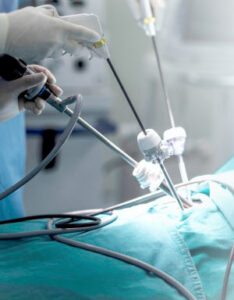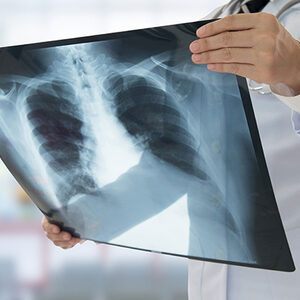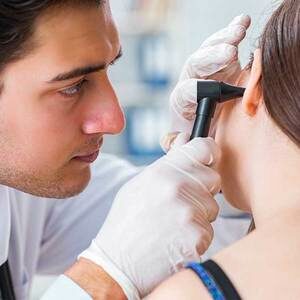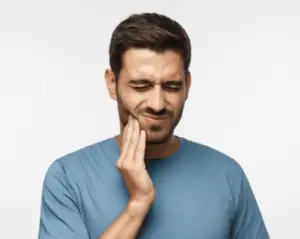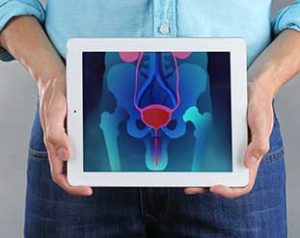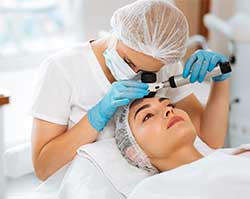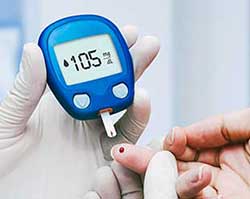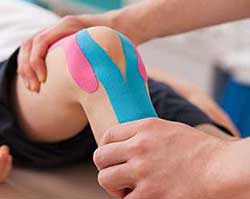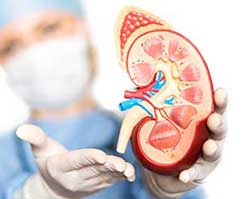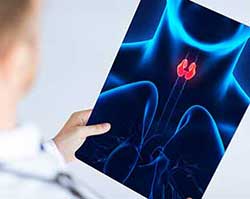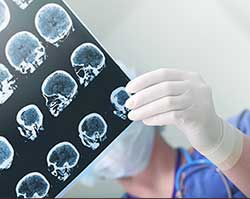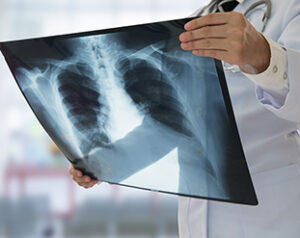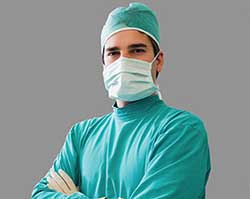Consult City's Top Doctors, The Minute You Need To
First Consultation starting
@ ₹249 ₹499
6990
Orthopedicians
299255
Cases done
by Orthopedicians
1707
Hospitals
Right Popliteal Fossa Pain – What is it?
About
Right Popliteal Fossa pain occurs due to the appearance of a popliteal cyst in the popliteal fossa (knee pit) of the right leg. The popliteal cyst is a fluid-filled swelling that causes a lump at the back of the knee, leading to tightness and restricted movement.
Popliteal Fossa Pain is widespread. In 6- to 89-year-old patients referred for symptoms consistent with knee pathology, an incidence of popliteal cysts was 4.7%. [1]
It is also known as a Bakers cyst.
- Bakers cysts are more common in women than in men
- Common with all forms of arthritis. Can also be brought on by sports-related injuries or a blow to the knee. Gout is also a common cause.
The cyst can be painful when the leg is moved. It occurs due to a wide variety of causes. Most common are Baker's cyst, soft tissue or tendon injuries, bone tumor and injury to the meniscus, hamstring, popliteal tendon or ligament tear, and so on. Neurological causes such as entrapment of the common peroneal or tibial nerve and vascular causes such as popliteal artery entrapment or vascular malformation are less common.
Age affected
- In children, Bakers cysts occur more commonly in boys between 4 and 8 years old.
- Tends to affect people over 40, but anyone can get them.
Symptoms
Self-diagnosable
Swelling behind the knee and maybe in the leg with knee pain and stiffness.
Bruising on the back of the knee in case of cyst rupture.
Others
A differential diagnosis for posterior knee pain is broad and includes pathology to the bones, musculotendinous structures, ligaments, nerves, vascular components, and/or to the bursas. Diagnostic methods include MRI, Doppler ultrasound imaging, fluid analysis, electromyography, physical examination, and contrast imaging (including arthrography and venography).
Treatment
Bakers cysts in children require no treatment and disappear spontaneously. For adults, case-based treatment is advised by the doctor.
Self-care
- Applying a cold pack to reduce inflammation
- Over-the-counter analgesic
- Keeping the leg raised above heart level
Medication
Steroids, aspiration, and surgery are usually recommended.
Specialists
Orthopedic surgeons and neurologists are the concerned specialists. mfine has a list of top specialists across the country to help you.
Other Specialities
Give a missed call to 08061914343 to Download the App

